It’s not surprising that Barbie is a good film.
After all, this is Greta Gerwig we’re talking about. She’s one of the most interesting directors working today, and responsible for Little Women, which shattered my heart to a million pieces and then lovingly put it back together again. She can do anything she wants.
What is surprising is how subversive the film is. A miraculous balancing act that handles self-aware meta-commentary with big laughs and plenty of heart, and never loses sight of what it wants to say. A more cynical viewer might say it tries to have its cake and eat it too. A realist would answer: Well, why the hell not?
Barbie is a film about an iconic doll, and that naturally comes with an element of advertising that goes beyond your average product placement. But in a cinematic world of Marvel, DC, and GI Joe, it feels pointless and downright skeezy to complain about it without including the same disclaimer in every single film review.
Besides, if people sat down for two LEGO Movie installments, they can sit down and shut up for two hours and enjoy Barbie for what it is.
Because what Gerwig accomplishes here is nothing short of a revelation. Barbie is equal parts a feminist rallying cry, an educational film, a reaffirmation of healthy matriarchal values, a musical, a comedy, and the kind of movie that everyone, especially young men, should see.
Superficially, it’s a story about discovering your place and what you want to do in this life. But that’s like saying Little Women is a story about a girl who meets a boy.
What is interesting is the undercurrent. The smuggled content in a 100 million dollar picture that roars beneath the surface. In Barbie, that undercurrent is about the dangers of a patriarchal society and how vital it is to stay true to your inner self even as the world forces you to change.
Its satire is big and broad, reminiscent of Paul Verhoeven, and Gerwig swings for the fences with every jab she takes. But just because something is broad doesn’t mean it can’t be nuanced as well. When Ken (Ryan Gosling) returns to Barbieland as a kind of Jordan Kenderson doll to preach the values of patriarchy, watch how Gerwig peppers the scene with subtle clues of the destructiveness of toxic masculinity.
The obvious bits are hilarious (every dude is ultimately the same stereotype), but it’s the undertones – the streets crack and the environment withers – that chill. The very social contract goes to hell as everyone looks out for number one – mainly because they can’t count any higher.
Barbie is also an extremely media literate film, one just as happy to drop a Stanley Kubrick reference as it to casually wander into a conversation of Marcel Proust’s madeleine.
Regardless of the riff or sociopolitical curveball, the game cast handles them in stride. It’s joyful to see Margot Robbie throw herself into a role that allows for both linguistic and physical gymnastics, including some terrific slapstick humor reminiscent of Jacques Tati films.
And none of this feels like it’s too much. It is, for certain, a lot, but never a deluge. You never feel like Gerwig’s direction will spin out of control. Instead, Barbie has the assured guiding hand of a filmmaker so in charge of their craft, you instead sink into a blissful wonder as the fantastical illusion takes over.
Because for all its satire, all the glitz and pastel colors and comedy, Barbie is an unironically important film. One that brings to mind the smugglers of classic Hollywood who, in defiance of the studio system, used genre films as methods to invoke civic action through cultural influence.
Like them, Gerwig dazzles with everything that sells, while at the same time, slowly and methodically, taking us aside one by one for a quick chat. Just to remind us that deep down, this is not the reality we wanted to build for ourselves or the generations to come. We’re capable of something better, even if, for now, it exists only in fantasy.


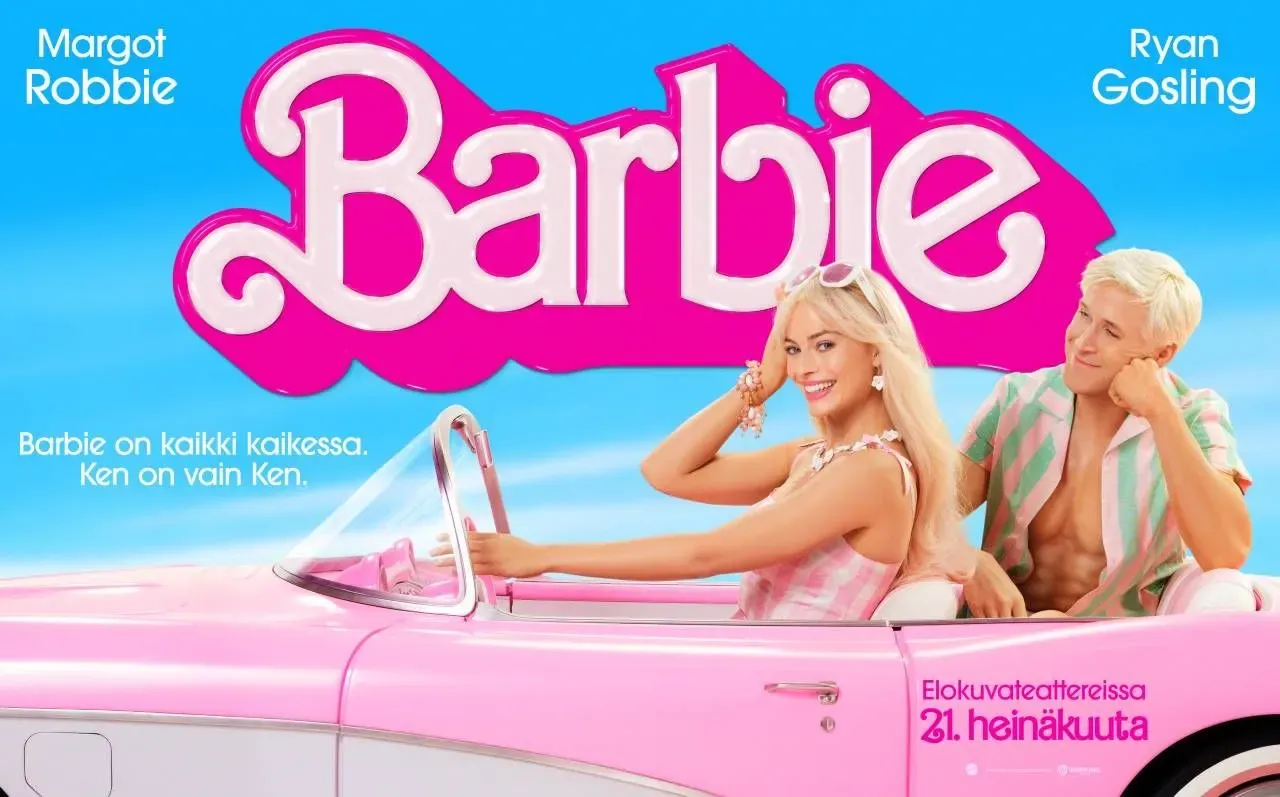
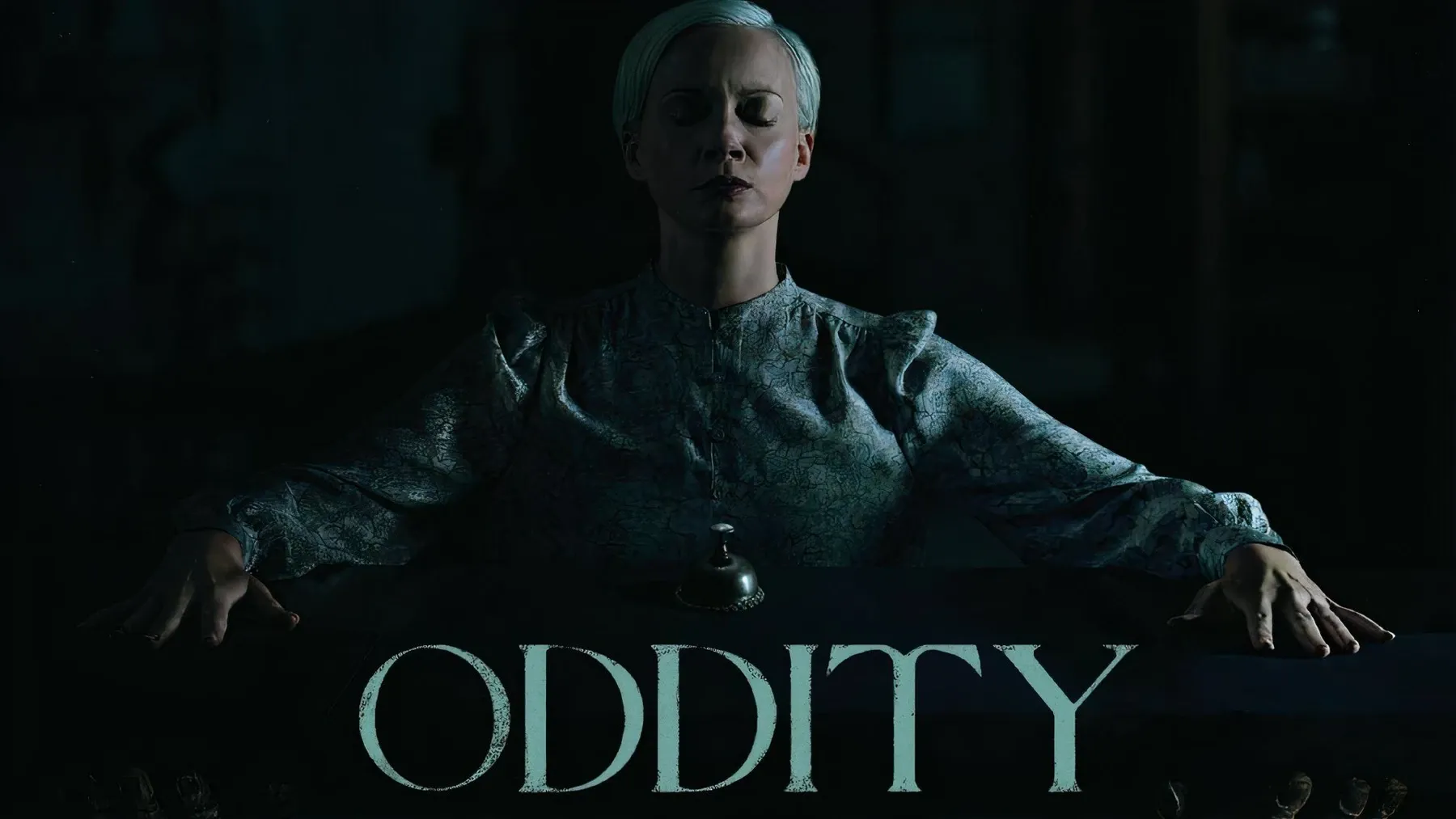
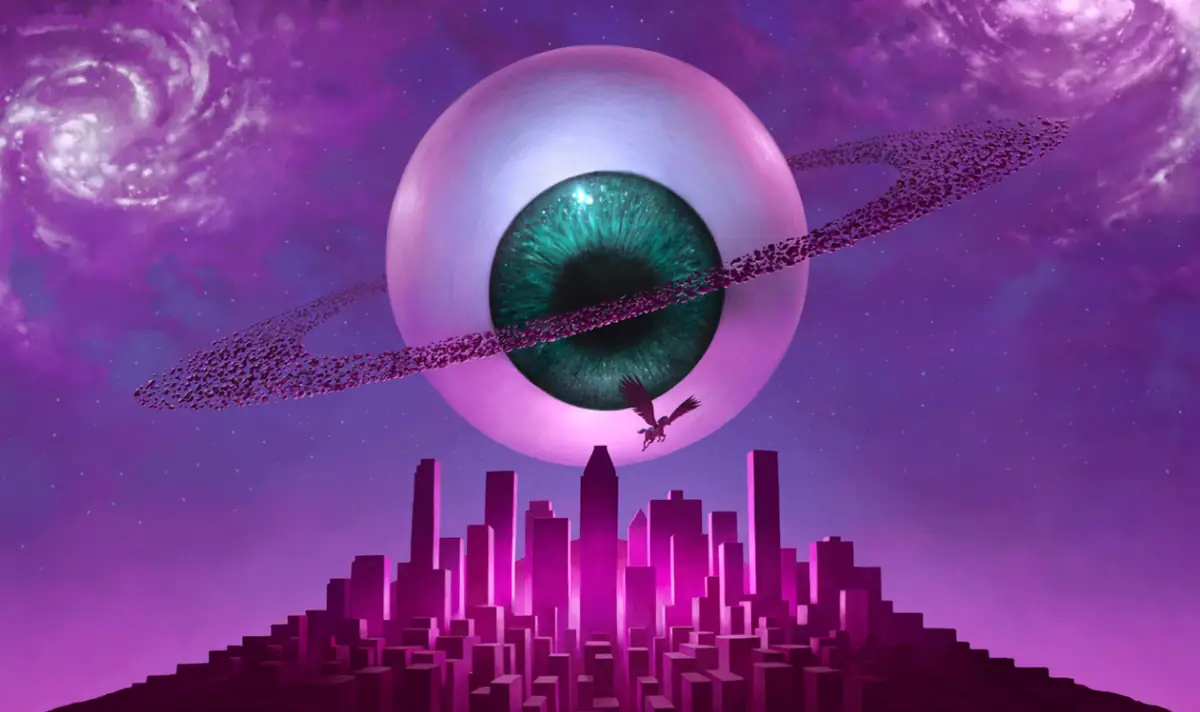
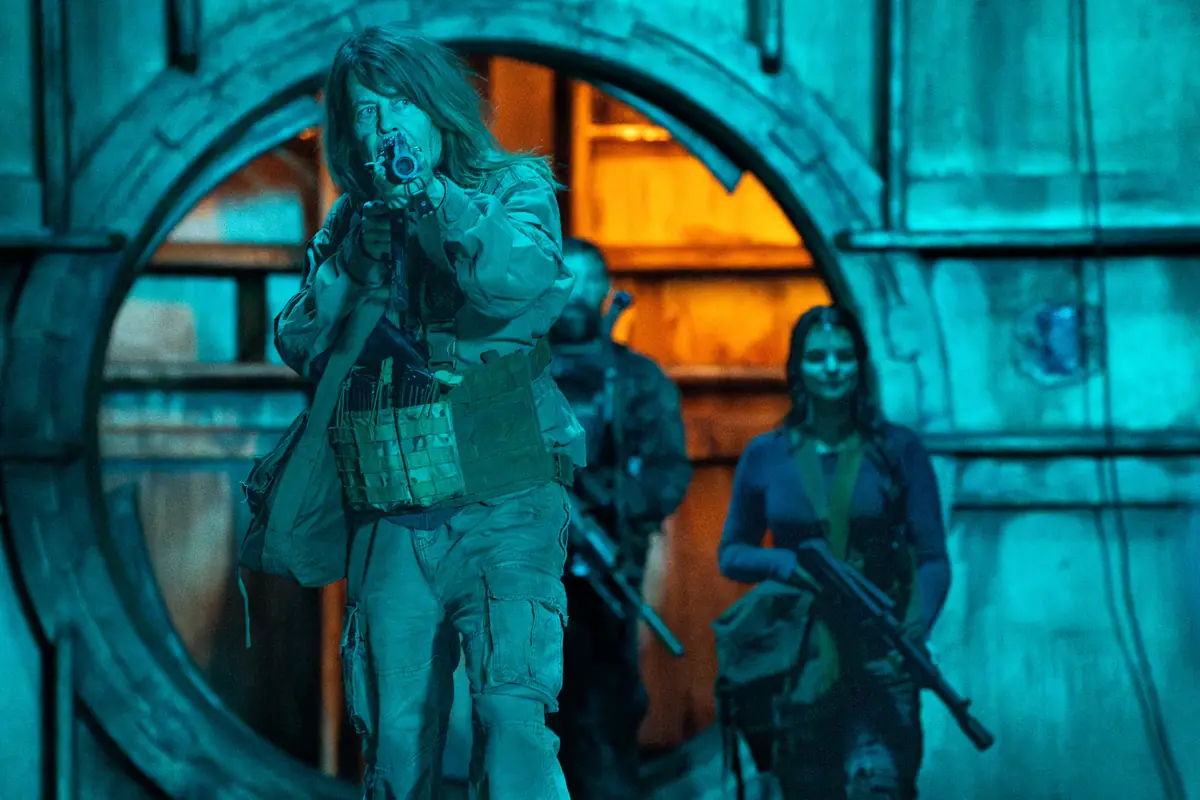

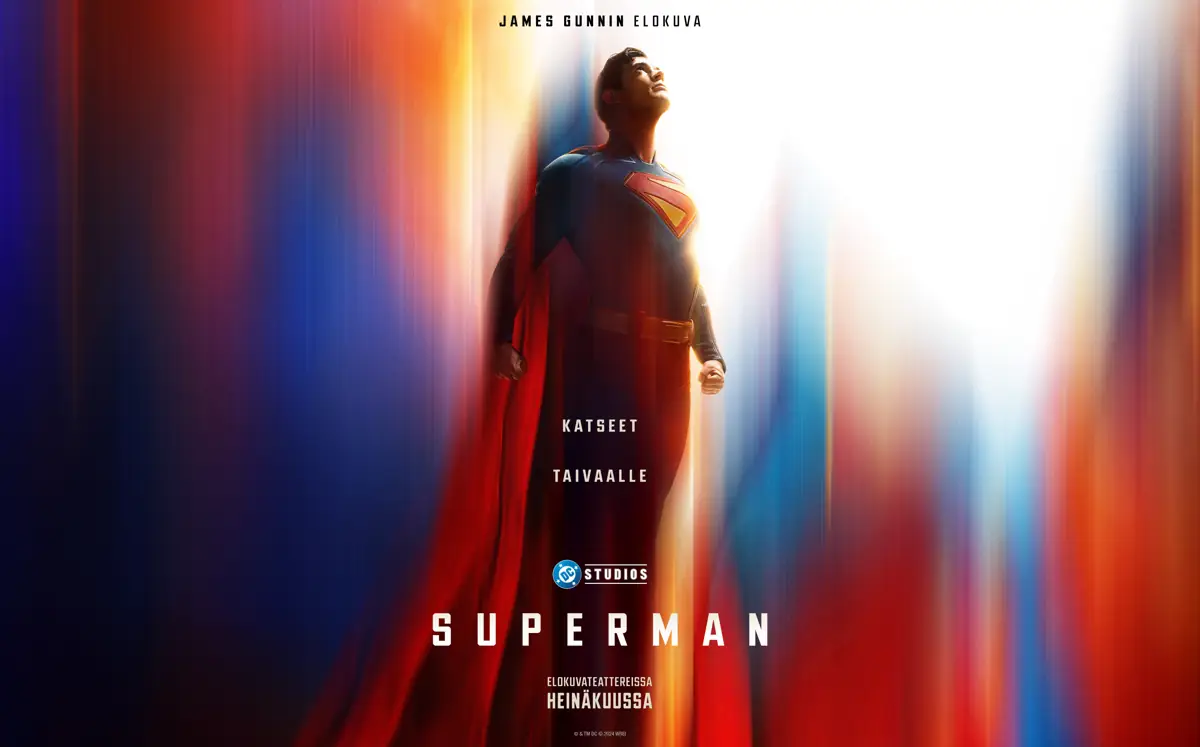

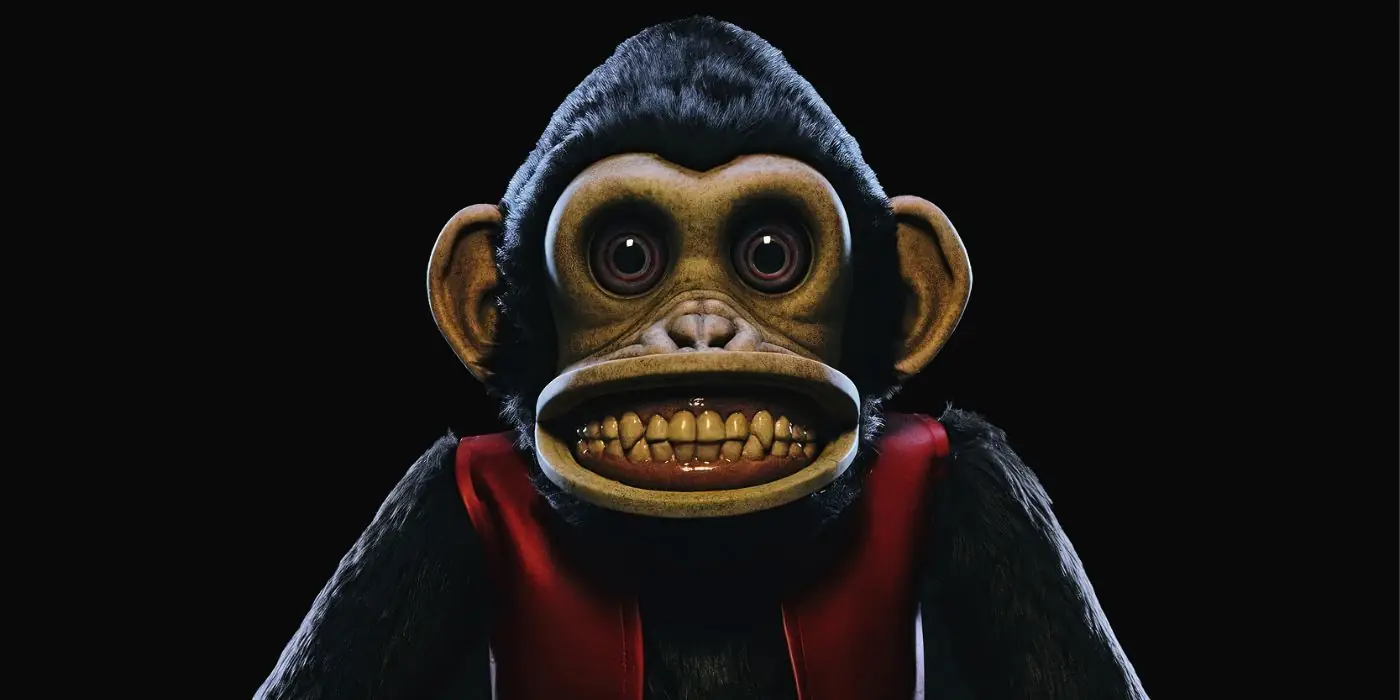
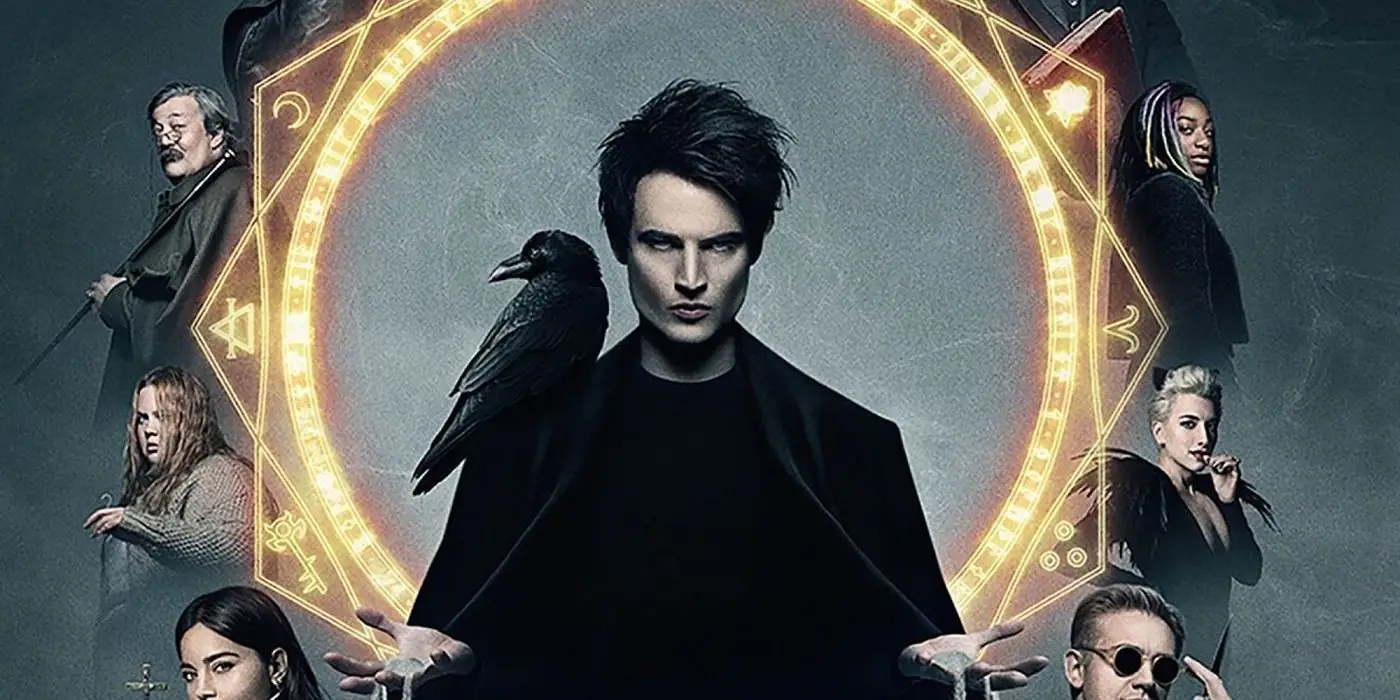
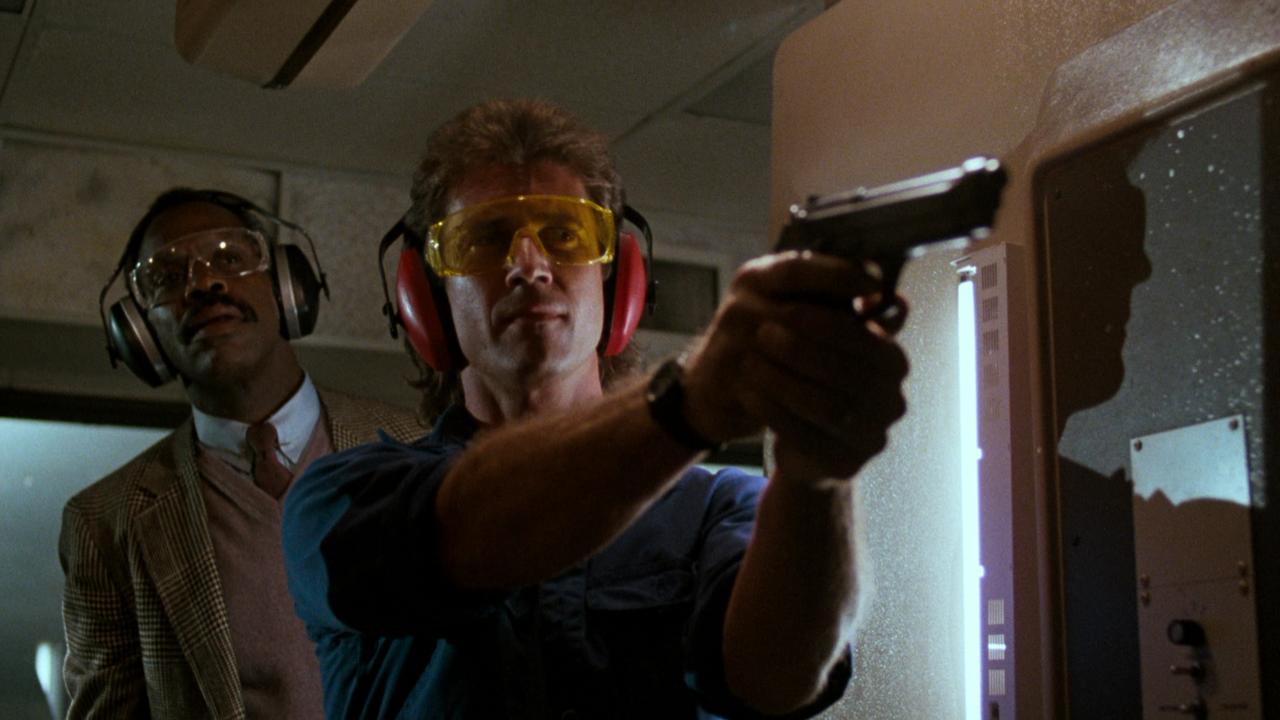


Discussion